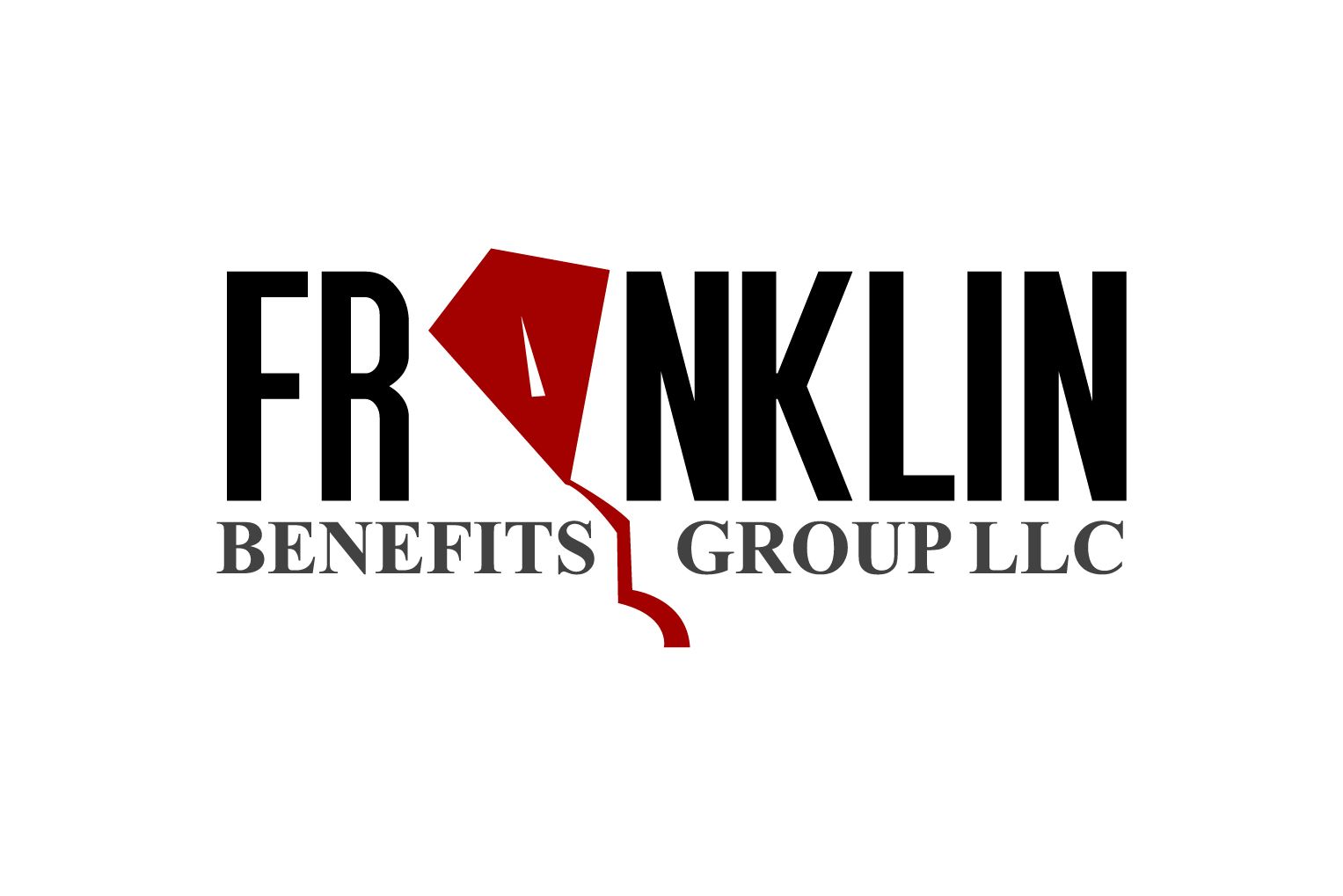Six Common Retirement Planning Mistakes to Avoid
Having a solid retirement plan is more important than ever, particularly as concerns grow over the viability of the U.S. Social Security system in the coming decade.
There are several steps you can take to shore up your finances and have in place a strategy for socking money aside to fund your retirement lifestyle. Unfortunately, many people make crucial missteps when planning for retirement. Here are six of the most common ones:
Taking Social Security too early
The maximum Social Security retirement benefit kicks in at age 70. You can start taking Social Security at 62, but you will not receive as much every month as you would if you wait until 70.
Payments increase by 8% each year you wait after 62. We can review your plans to help you figure out how and when Social Security benefits should factor into your retirement plan.
Borrowing against your retirement
If you borrow from your 401(k) plan, you'll miss out on potential returns from those withdrawn funds. Although you'll pay interest on the loan when you pay it back into the account, the returns you're missing would likely be greater.
Further, you risk having to pay income taxes and withdrawal penalties if you're unable to pay it back within five years or before leaving your job.
If you are considering a 401(k) loan, talk to us first.
Tapping into your 401(k) or IRA too early
You can start withdrawing money from your 401(k) when you turn 59 1/2, but you can wait until you turn 73 to start taking your required minimum distributions (RMDs). That's the wise move if you want to ensure your money keeps growing with compound interest.
If you start taking withdrawals when you are first eligible, you'll be missing out on the opportunity to keep your funds growing with compound interest.
Withdrawing from your Roth before other accounts
If you have a Roth IRA, you may want to hold off on withdrawing money from the account for as long as possible. You'll be glad you did because you can withdraw funds without being taxed on them, unlike standard IRAs and 401(k) plans.
With Roth IRAs, you pay taxes upfront and, as a result, you aren't taxed on the withdrawals, including investment earnings. It's better to wait to withdraw those untaxed funds after you've exhausted the funds in your taxed accounts.
With Roth IRAs, you don't have to take RMDs and the account continues growing for as long as you don't withdraw funds from it.
Not considering your spouse's Social Security benefits
You can delay claiming your own Social Security benefits and receive half of your partner's payout. Your marriage (regardless of if you are still married or not) has to have lasted a minimum of 10 years.
This can be a good move if your spouse was a higher earner, since the calculation for spousal benefits will be based on their salary.
Widows and widowers are also able to benefit from a spouse whose earnings were higher.
Planning for retirement on your own
As your financial advisor, we have years of experience in retirement planning and can help you put together a solid plan for your silver years.
We can help you:
- Decide in which investments you may want to park your money.
- Decide when to elect your benefits.
- Determine the proper order for withdrawing funds from your various accounts.
- Avoid taxation pitfalls.




